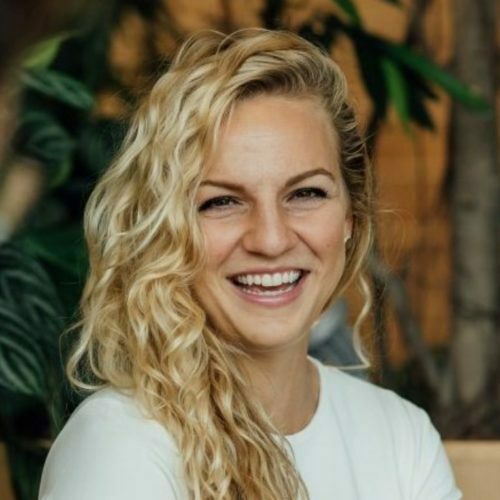Rachel’s international educational background fuses social science with quantitative methods by bridging Applied Social Psychology and environmental decision-making with Industrial Ecology. She has presented her novel assessment of the environmental impact and diffusion potential of Transition Towns and has contributed scientific findings to the EU Horizon 2020 project ENERGISE: a pan-European initiative for understanding of the social and cultural influences on energy consumption. As a sustainability consultant at a biodynamic Spanish winery, she assessed the annual carbon footprints and the environmental performance for the Eco-Management and Audit Scheme (EMAS), as well as led the company in “Wineries for Climate Protection,” a collaborative project seeking best practice solutions and international benchmarks for sustainability in oenology.
Rachel has experience designing reduction plans for company emissions, energy use, water management, and waste, which strategies and practices she incorporated in her most recently finished project at DRIFT: whose aim was to substantially reduce resource inefficiencies in the Food-Energy-Water nexus through Urban Living Labs across three continents: Europe, Africa, and South America. She has recently published her PhD research and resulting insights for policy and practice, titled, “Governing the Transition to a Circular Economy: Key dynamics, paradoxes, and implications for strategizing.” In her dissertation, Rachel synthesizes the results of her research into 10 lessons for strategizing and governance to create favorable conditions for circular economy practices. She has also identified 7 paradoxes that emerge in the transition to a circular economy and has devised a decision-making tree to help policy-workers and companies make better-informed decisions.

